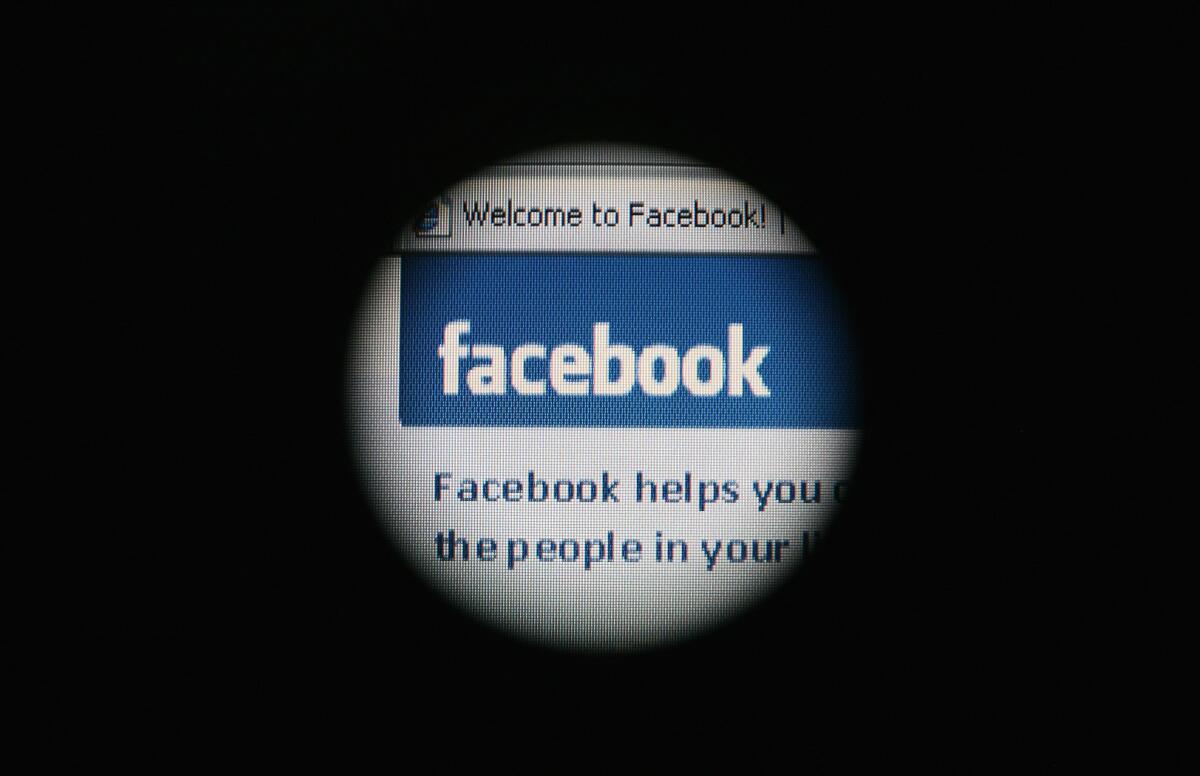Women caught in the social media crossfire

I enjoy Facebook. Maybe a little too much. Where some see “empowerboasting” and “humblebragging,” I see inspiration and interesting ideas in the form of status updates. I even appreciate political views I may not agree with, so long as they’re expressed with some common sense and decency. The best part of Facebook: endless links to interesting articles I might otherwise have missed. (Times senior editorial writer Michael McGough’s Facebook page is one of my news sources. No joke.)
Of course, Facebook is what you make of it. And if you’re friends with a bunch of jerks, Facebook can become a toxic place.
I’d been spared this experience until I came across an update Monday from a freelance journalist acquaintance who writes about entertainment and pop culture.
He wrote: Fergie’s baby destined for a birth from a mother of advanced age.
His friend commented: Bet it’s got downs and still exceeds her iq!
Disgusting. Totally ruined my night -- until I deleted this guy from my “friends.”
That transaction was nothing compared to the hateful postings that Laura Bates points to in a Guardian article published Monday that asks, “Does Facebook have a problem with women?” In the piece, Bates wonders why Facebook bans photos of women breastfeeding while allowing misogynistic posts that violate Facebook’s community standards advising against hate speech.
“Yet,” Bates writes, “images currently appearing on the site include a joke about raping a disabled child, a joke about sex with an underage girl and image after image after image of women beaten, bloodied and black-eyed in graphic domestic violence ‘jokes.’ ”
Bates’ list of examples continues, each more stomach-churning and graphic than the last. And the problem, she argues, goes beyond these offensive status updates and photos. She argues that “each image normalizes gender-based violence, sending the message to both victims and perpetrators that ours is a culture that doesn’t take it seriously.”
Beyond writing about this heinous activity taking place on Facebook, and Twitter too (click with caution), Bates sheds light on the lamentable gender inequality that takes place offline too. She is the founder of the Everyday Sexism Project, which uses the principles of social media to solicit and catalog user-generated comments that describe “daily experiences of gender inequality.” Next time someone tells you sexism no longer exists, send them here.
The project is like a living, breathing commentary on how gender bias continues to thrive even in 2013, 50 years after Betty Friedan’s “The Feminine Mystique” was published and became an international bestseller.
We owe Bates a great debt of gratitude for her Everyday Sexism Project, even if it’s the sort of thing that’s hard to visit daily. My fingers will be crossed for her on April 8, when she’ll be up for a Shorty Award honoring the best in social media.
ALSO:
The $570,000 JFK bomber jacket bargain
Los Angeles Times endorsements in the March 5 election
A new Christopher Commission for the Christopher Dorner case?
Follow Alexandra Le Tellier on Twitter @alexletellier
More to Read
A cure for the common opinion
Get thought-provoking perspectives with our weekly newsletter.
You may occasionally receive promotional content from the Los Angeles Times.










